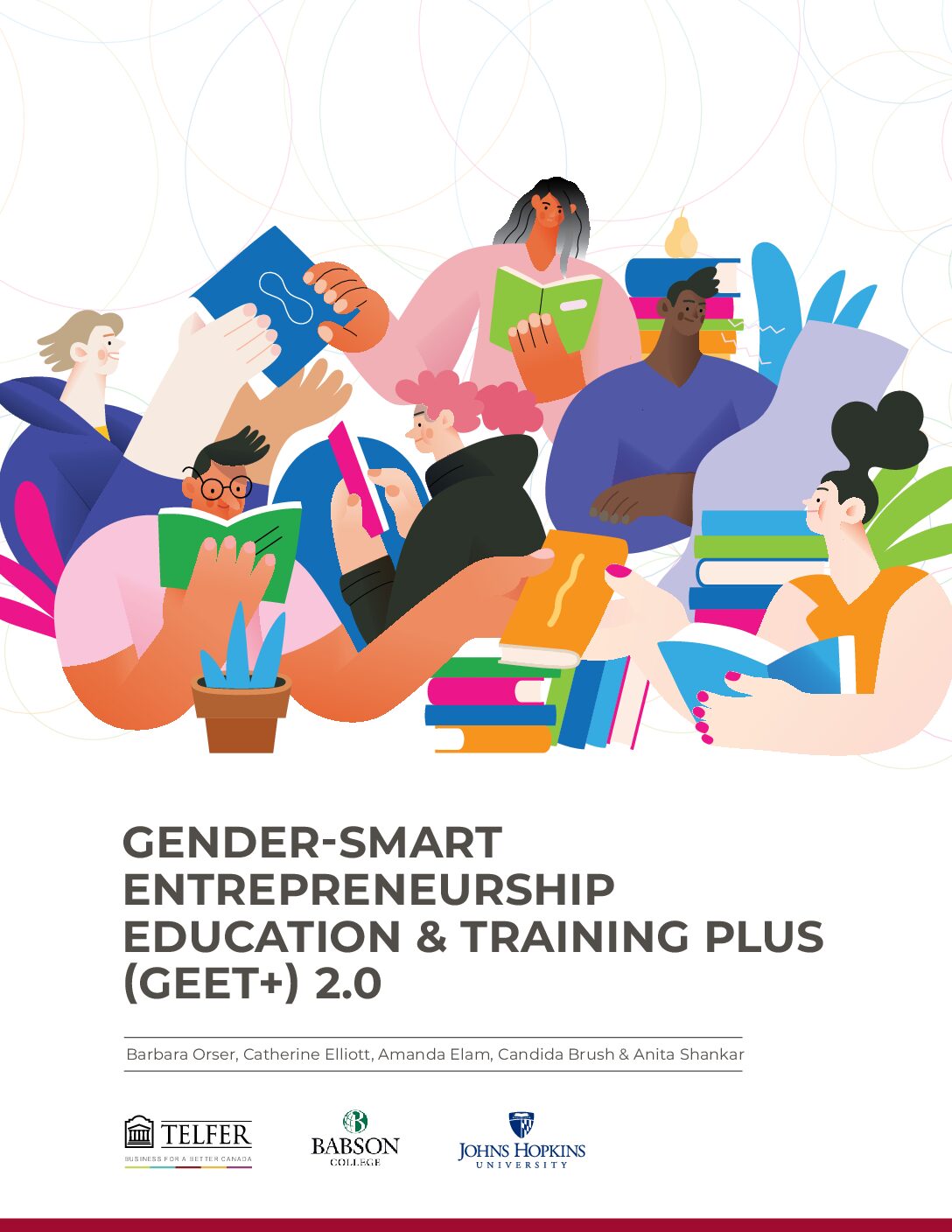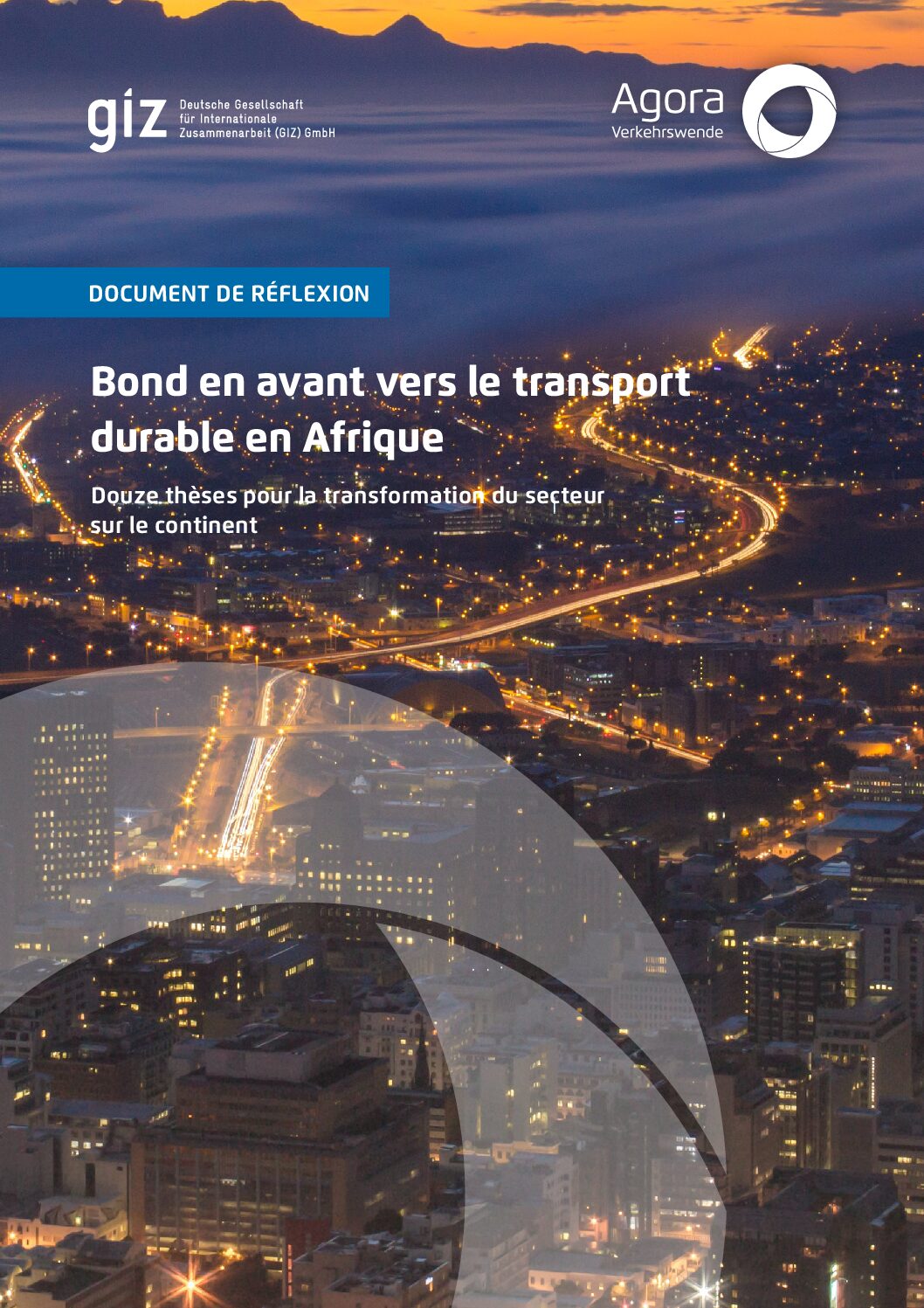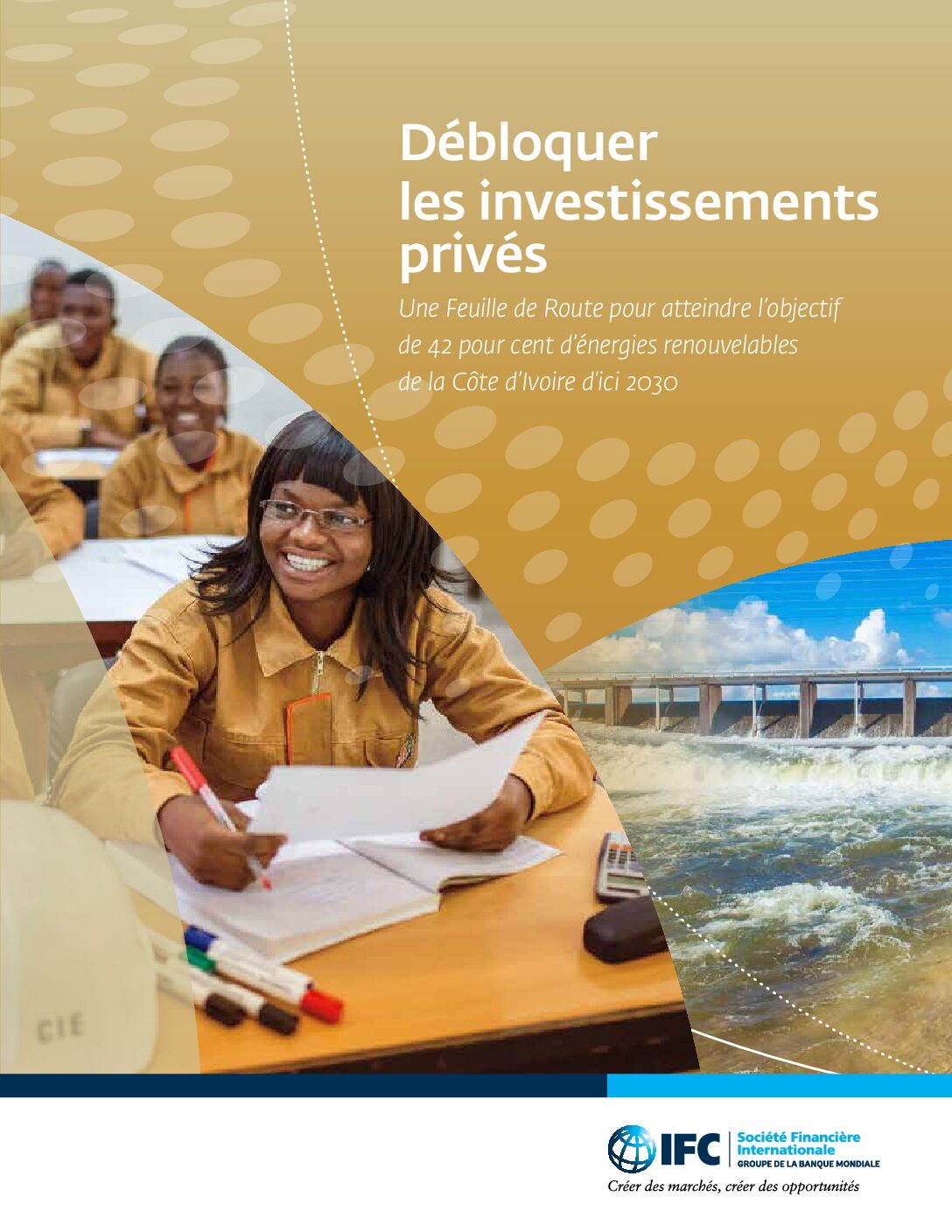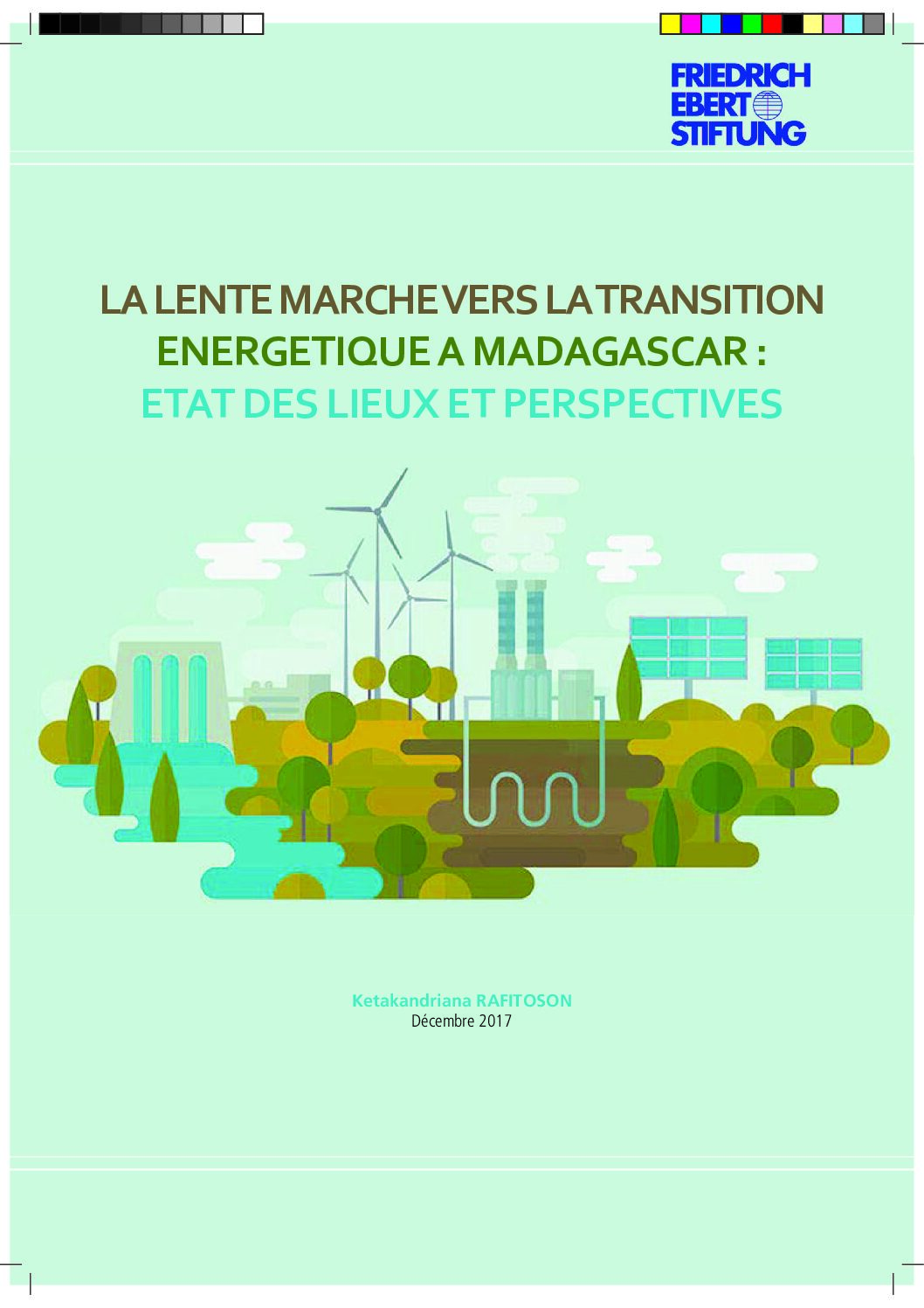This guide leverages FAO’s extensive experience of developing and delivering e-learning solutions to offer practical advice and guidance to trainers and instructional designers who wish to develop effective capacity building initiatives.
This report shares insights and tools to support more inclusive and effective entrepreneurship education and training, especially for people from underrepresented and marginalized groups. It includes a list of assessment criteria to evaluate whether a programme is gender-smart.
This document aims to spark discussion on transport transformation in Africa – not only for change agents in African countries, but also in connection with the global climate and transport community. Through 12 insightful and thought-provoking ideas, the document addresses various areas such as facilitating a just transition, electrifying vehicles from renewable energies and redirecting […]
This toolkit provides advice on how to assess capacity needs for the implementation of the Paris Agreement, and provides good practice examples and further resources.
This report considers the challenges faced by developers implementing renewable energy projects in the SADC region, analyzes existing prefeasibility or early-stage project preparation funds in the region and globally to assess if they effectively support project developers, and provides recommendations on how to improve and scale up these facilities.
This paper underscores the need for sustainable utilities to deliver the energy transition in lower- and middle-income countries, and provides recommendations to governments and other stakeholders.
The roadmap identifies challenges hampering private sector investment in renewable energy, and proposes concrete solutions which will help Côte d’Ivoire achieve its renewable energy development target.
The study takes stock of the implementation of the energy transition initiated by the New Energy Policy adopted in Madagascar in 2015 and identifies specific policy recommendations aimed at its realization.
This handbook examines financing mechanisms suitable for the renewable energy access sector in Madagascar, and provides advice on preparing financing applications.
This feasibility study describes the institutional framework for waste management in Côte d’Ivoire, presents a baseline on compost and biogas value chains, and provides a feasibility assessment based on economic models.







